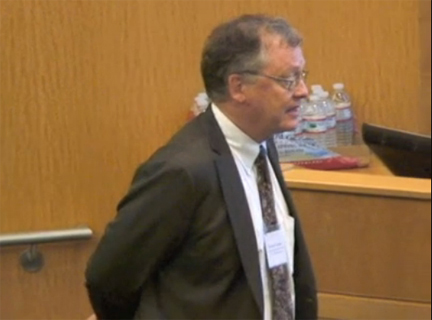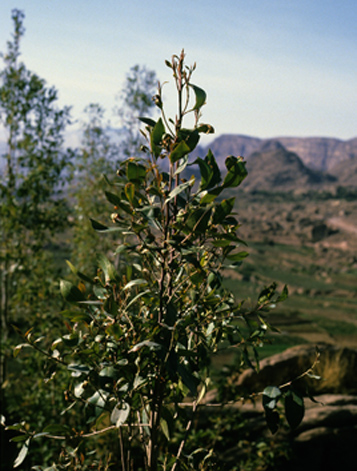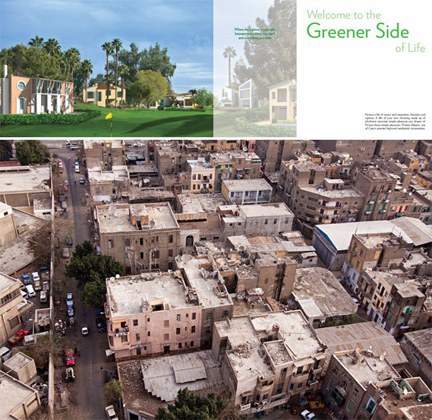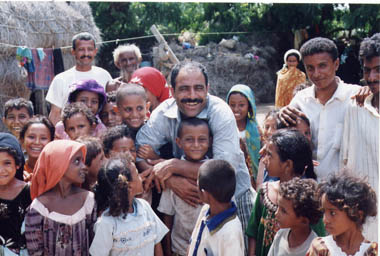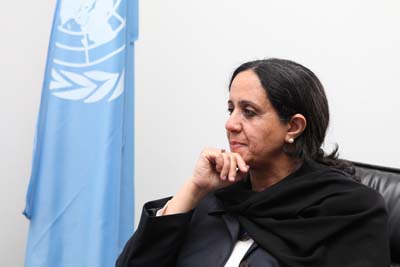
ROUNDTABLE DISCUSSION;
YEMENI COMPREHENSIVE NATIONAL DIALOGUE: CHALLENGES AND PROSPECTS
The International Peace Institute (IPI) is pleased to host a roundtable discussion on the Yemeni Dialogue with Ms. Amat Al Alim Alsoswa, former Assistant Secretary-General, Assistant Administrator and Director of the Regional Bureau for Arab States, United Nations Development Program on Wednesday, February 13, 2013, from 1:00pm–2:45pm at IPI’s Trygve Lie Center for Peace, Security & Development on the 12th floor, located at 777 United Nations Plaza.
Yemen’s transition began on November 23, 2011, when an agreement was brokered by the Gulf Cooperation Council (GCC) creating a two-year transitional government led by President (and former Vice-President) Abdu Rabu Mansour Hadi. The agreement mandates holding a National Dialogue to decide the formation of the new movement and address other pressing national issues. According to the GCC agreement, the National Dialogue conference must include “all forces and political actors, including youth, the Southern Movement, the Houthis, other political parties, civil society representatives and women.†Continue reading Amat Al Alim Alsoswa on the Yemeni National Dialogue

